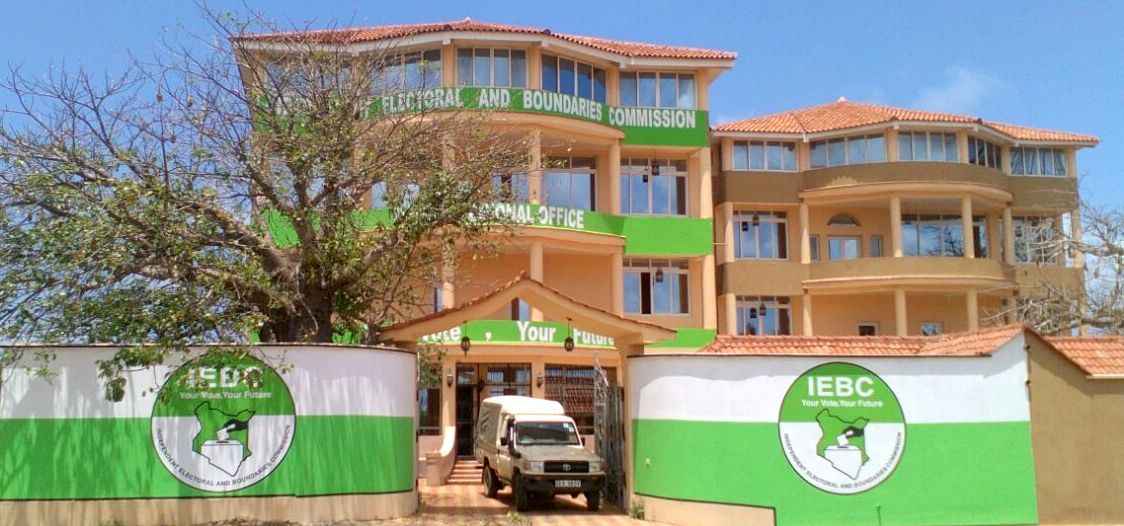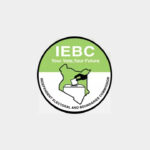In Kenya’s electoral system, the success of the voting process hinges on the efficiency and integrity of its key personnel. Among these is the Presiding Officer, who plays a central role in ensuring smooth operations at polling stations. Appointed by the Independent Electoral and Boundaries Commission (IEBC), these officers are responsible for managing the day-to-day activities at their assigned polling centers, making them crucial to the democratic process.
This article delves into the responsibilities, qualifications, and challenges faced by Presiding Officers, alongside their remuneration and broader impact on Kenya’s electoral integrity.
Understanding the Role of a Presiding Officer
Presiding Officers serve as the IEBC’s representatives at polling stations during elections. They ensure that voting and counting processes are conducted in an orderly, transparent, and lawful manner. Reporting directly to the Returning Officer, Presiding Officers are integral to maintaining the credibility of elections at the grassroots level.
Core Responsibilities of a Presiding Officer
Presiding Officers are entrusted with multiple tasks to ensure that elections run seamlessly. Below are their primary responsibilities:
- Managing Polling Station Activities
- Overseeing the setup of the polling station and ensuring that it operates efficiently throughout the day.
- Managing polling clerks and ensuring they perform their roles effectively.
- Maintaining Order and Compliance
- Ensuring all activities at the polling station adhere to IEBC guidelines and electoral laws.
- Addressing and resolving disputes or complaints raised by voters, agents, or observers.
- Overseeing the Voting Process
- Ensuring the orderly conduct of voting and assisting voters in case of any confusion.
- Monitoring voter turnout and addressing any operational challenges as they arise.
- Counting and Tallying Votes
- Supervising the counting and tallying of votes at the polling station.
- Announcing provisional results to the public and political agents present.
- Ensuring Security of Election Materials
- Collecting and safeguarding election materials, including ballot boxes, ballot papers, and result declaration forms.
- Ensuring these materials are securely transported to and from the polling station.
- Reporting to the Returning Officer
- Delivering the polling station’s results and materials to the Returning Officer for consolidation and verification.
- Training and Supporting Election Staff
- Assisting in the training of polling clerks and ensuring they understand their duties.
- Post-Election Responsibilities
- Documenting and submitting reports on the polling station’s activities, including any incidents or irregularities.
- Handover of all election equipment and materials to the Returning Officer after the conclusion of polling.
Eligibility Requirements for Presiding Officers
To ensure that only competent individuals serve in this critical role, the IEBC has outlined stringent qualifications for Presiding Officers. These include:
- Citizenship and Non-Partisanship
- Must be a Kenyan citizen with no political affiliations or ties to any candidate or party.
- Educational Background
- Applicants must hold at least a diploma or degree from a recognized institution.
- Professional Skills
- Proficiency in computer usage, data computation, and effective communication is essential.
- Must have experience managing sensitive data, materials, and teams.
- Integrity and Character
- Must exhibit high levels of integrity and adhere to the IEBC’s strict code of conduct.
- Should be of good character and demonstrate the ability to manage people under minimal supervision.
- Residency and Availability
- Candidates must reside within the constituency or ward where they wish to serve and be available throughout the election period.
Compensation for Presiding Officers
The IEBC provides daily allowances to Presiding Officers for their services during elections. The rates are as follows:
- Presiding Officers: Ksh 2,000 per day.
- Deputy Presiding Officers: Ksh 1,800 per day.
While the role is temporary, the remuneration reflects the significant responsibility Presiding Officers bear in ensuring credible elections.
Challenges Faced by Presiding Officers
The demanding nature of the job comes with its fair share of challenges, including:
- High Expectations and Pressure
- Presiding Officers operate under immense scrutiny from voters, agents, and observers. Mistakes or delays can lead to significant criticism.
- Logistical Issues
- Delays in receiving election materials or equipment failures can disrupt polling station operations.
- Security Risks
- In regions prone to electoral violence, Presiding Officers face safety concerns during and after the elections.
- Extended Work Hours
- Election day is long, often starting early in the morning and extending late into the night, leading to physical and mental exhaustion.
- Technological Adaptation
- With the increased use of technology in elections, Presiding Officers must quickly adapt to new systems such as electronic voter identification and result transmission tools.
The Broader Impact of Presiding Officers
Presiding Officers are the backbone of Kenya’s electoral process. Their ability to manage polling stations effectively ensures that citizens can exercise their democratic rights in a safe and orderly environment. By maintaining transparency and resolving disputes fairly, they reinforce public confidence in the electoral system.
Adapting to Modern Electoral Trends
As Kenya’s electoral process continues to evolve, the role of Presiding Officers is becoming increasingly dynamic. Modern elections require these officers to be tech-savvy, adaptable, and well-versed in conflict resolution. Continuous training and support from the IEBC will be critical to ensuring their readiness for future elections.
The role of a Presiding Officer is crucial to the success of Kenya’s elections. Their responsibilities, ranging from overseeing polling station operations to safeguarding election materials and tallying results, ensure that elections are conducted with integrity and transparency.
While the role comes with challenges, it is an opportunity to contribute directly to Kenya’s democratic process. By investing in the training and welfare of these officers, the IEBC can continue to uphold the credibility of Kenya’s electoral system for years to come.





